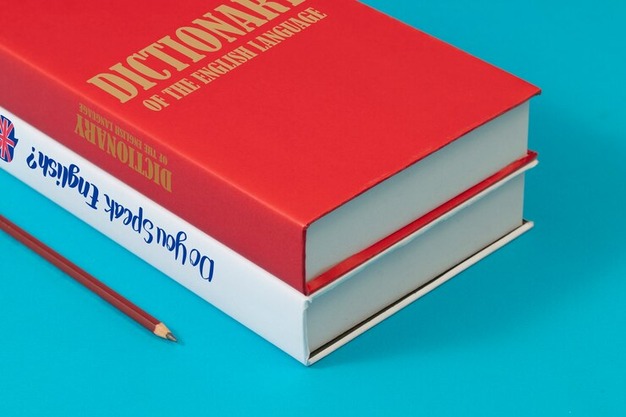From 'chai' to 'namaste': 10 Indianised English words that are now part of the Oxford Dictionary
Listen to this Article

Indian English, also known as ‘Hinglish,’ has emerged as a fascinating hybrid of English and Indian languages. Over the years, it has become an essential part of India's cultural identity, and many of its unique words and expressions have now found their way into the Oxford Dictionary. The Oxford Dictionary has a history of adapting to changes in language use, and Indian English is no exception. Indian English is a dialect that has evolved from the English language, incorporating words and phrases from regional languages spoken across the country.
From 'chai' to 'namaste', here are 10 Indianised English words that are now part of the Oxford Dictionary:
- CHAI
A ubiquitous beverage in India, chai has become a popular drink worldwide. The word ‘chai’ is derived from the Hindi word for tea. In the Oxford Dictionary, chai is defined as “a type of Indian tea made by boiling tea leaves with milk, sugar, and spices.” - JUGAAD
‘Jugaad’ is a Hindi word that means to find a way to solve a problem using whatever resources are available. In the Oxford Dictionary, ‘jugaad’ is defined as “a flexible approach to problem-solving that uses limited resources in an innovative way.” - NAMASTE
‘Namaste’ is a Sanskrit word used as a greeting or farewell. In Indian culture, it is a way of showing respect and reverence.In the Oxford Dictionary, ‘Namaste’ is defined as “a respectful greeting or farewell with the palms pressed together and fingers pointing upwards, used by Hindus and others in India and South Asia.” - GURU
The word ‘guru’ comes from Sanskrit, meaning ‘teacher’ or ‘master.’ In Indian culture, a guru is someone who is respected for their knowledge and expertise.In the Oxford Dictionary, 'guru' is defined as “a spiritual teacher or guide from India, often a Hindu or Sikh.” - PAPADUM
Papadum is a thin, crisp Indian flatbread made from lentil flour. In the Oxford Dictionary, ‘papadum’ is defined as “a thin, crisp Indian bread made from lentil flour and often served as an appetizer.” - BAPU
Bapu is a term of endearment in Hindi, meaning ‘father’ or ‘papa.’ It is commonly used to refer to Mahatma Gandhi, the father of the Indian nation. In the Oxford Dictionary, ‘Bapu’ is defined as “a title of respect given in India to Mahatma Gandhi.” - BHAI
‘Bhai’ is a Hindi word used to refer to a brother, but it has also come to mean a friend or a buddy. In the Oxford Dictionary, ‘bhai’ is defined as “a brother or a close male friend, especially in Indian English.” - CHUTNEY
Chutney is a sauce or relish made from fruits, vegetables, and spices. It is a popular condiment in Indian cuisine. In the Oxford Dictionary, chutney is defined as “a spicy condiment made from fruit, herbs, and spices.” - NATAK
‘Natak’ is a Hindi word that means ‘drama’ or ‘play.’ In the Oxford Dictionary, ‘natak’ is defined as “a drama or play, especially one performed in India.” - CHAIWALA
The final word on our list is ‘chaiwala,’ which refers to a person who sells or serves tea in India. The word became a part of the Oxford Dictionary in June 2022, and it represents the unique blend of Indian and English culture. It is defined as “a person who sells tea (and sometimes other drinks), typically on the street or from a small roadside establishment.”
The inclusion of Indian English words in the Oxford Dictionary is a testament to the influence that Indian culture has had on the English language. These words have become an integral part of the English language and are now used by millions of people worldwide.
Also Read: 5 Things to Teach Kids Before Sending Them to School


